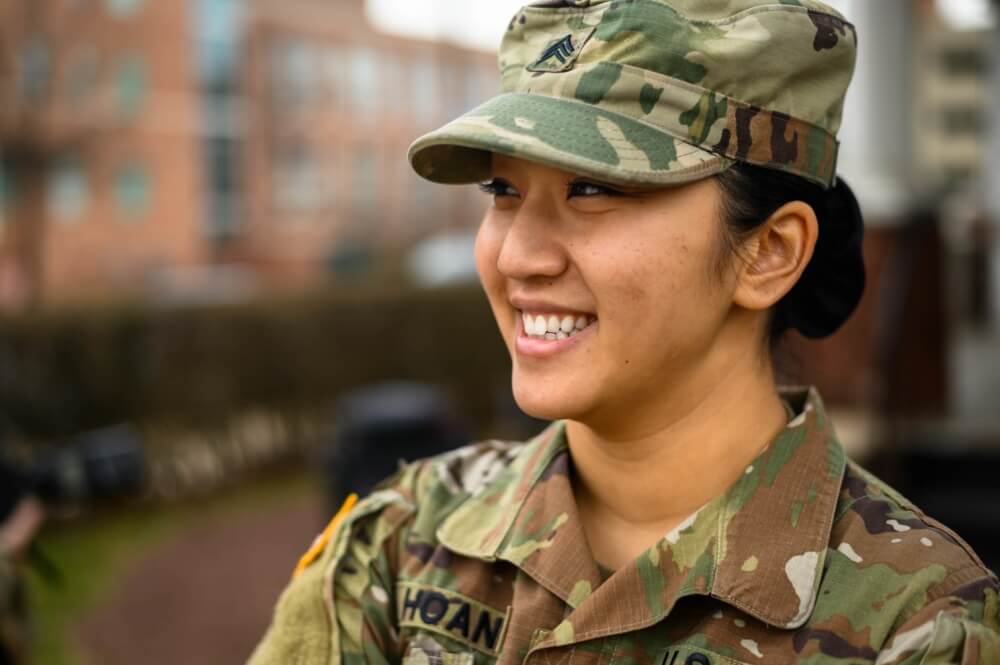The VA Women’s Health Transition Training (WHTT) is extended online through December 21.
The program is a collaborative effort between the Departments of Veterans Affairs and Defense to educate servicewomen on health care services available after military separation. This course provides an in-depth discussion about:
- Female-specific health care including reproductive services, maternity care, mental health services, newborn care, and gynecological care and musculoskeletal care
- Eligibility for VA health care and how to enroll
- Resources available for servicewomen during the military-to-civilian transition process
It is recommended that servicewomen take the training roughly 12-18 months out from transition, and it can be taken more than once. It should be completed in addition to the DOD Transition Assistance Program, a spokesperson for WHTT says.
“The WHTT is supplementary to what the TAP program is designed to be and it’s just more of a deep dive and more than just an overview of women’s health services that are available. So, there’s five phases — and the third phase is all about women’s health services. The biggest vantage is it goes over every single health resource that a woman could want and it’s a women veteran that answers questions over live format.”
The training team initially transitioned to the condensed virtual format of roughly two-and-a-half hours in response to the coronavirus pandemic restrictions. Nancy Maher, program manager of WHTT, says the live online setting still contains core elements such as differences between the military and VA healthcare systems.
“We talk about how in the military healthcare system everything is regimented, like ‘you will come in at this date and time to have this vaccination’, etc.; whereas when you’re in the VA, it’s more like the private sector in that the onus is on you to seek out your healthcare and adjust your healthcare needs.
“Then we do a really deep dive for healthcare services available for women at the VA: reproductive health, primary care, specialty care and getting really deep into the benefits in terms of infertility treatments, adoption, etc. and … some of the deployment health-related conditions that service women might experience more frequently than their civilian counterparts.”
Because of the comprehensive nature of the topics, there is a companion workbook with further explanation of services.
A bonus feature of the virtual format is a women veteran’s program manager is available during the training to answer any questions and provide additional insight. These WVPMs have unique knowledge of the services and offerings to women by women, and they serve as advocates.
Maher sees added benefits in the women-only class.
“(It) allows for a freer discussion and a… safer environment where people can really discuss gender-specific healthcare issues and needs,” she said.
All servicewomen are encouraged to register and attend any virtual training. Participants are not limited to trainings in their own time zone.

